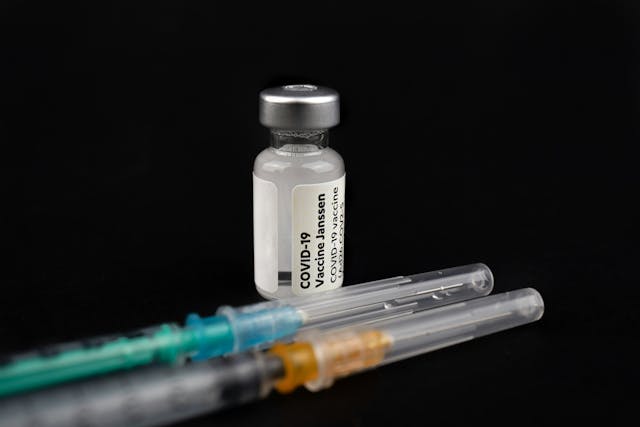Luxembourg has moved closer to WHO recommendations for HPV vaccination

A. C., Unsplash
As part of European Immunisation Week, the Luxembourg Health Directorate has published a new report on human papillomavirus (HPV) vaccination coverage among young people aged 9 to 20 years. The study, conducted between March and June 2024, is not just a statistical snapshot, but a map of achievements and challenges in the prevention of one of the most insidious infectious diseases of our time.
The data show significant progress. Among 15-year-olds:
- 83.9% received at least one dose of HPV vaccine;
- 77.4% completed the full course of two doses.
Coverage is particularly high among girls, with 87.3 per cent having had their first vaccination and 81.8 per cent completing the vaccination. Among boys, who have recently been included in the national immunisation programme, the rates are lower, but the trend is positive.
An interesting finding of the study was that vaccination intentions remain high among unvaccinated children under 15 years of age, with 80% of girls and 67% of boys stating a desire to be vaccinated. If these intentions are realised, coverage rates could reach 93% for girls and 74% for boys in this age group.
However, there is an alarming level of uncertainty among 15 to 20 year olds: more than half of unvaccinated young people are hesitant to make a decision. This 'lost zone' requires special attention through information and education campaigns.
HPV is not just a sexually transmitted virus. It is a potential "invisible enemy" that can lead years later to the development of serious cancers, from cervical cancer to anogenital and oropharyngeal tumours. Most often, infection is asymptomatic, making preventive vaccination critical.
In Luxembourg, HPV vaccination is officially recommended for all children from 9 to 14 years of age, with the possibility of "catch-up" vaccination up to 20 years of age. The universal approach, covering both girls and boys, reflects current scientific recommendations.
The results of the study confirm: Luxembourg is well on its way to meeting the WHO and CDC global viral cancer targets. But behind the good numbers lies the challenge of convincing young people, especially young men and older adolescents, to get vaccinated.





